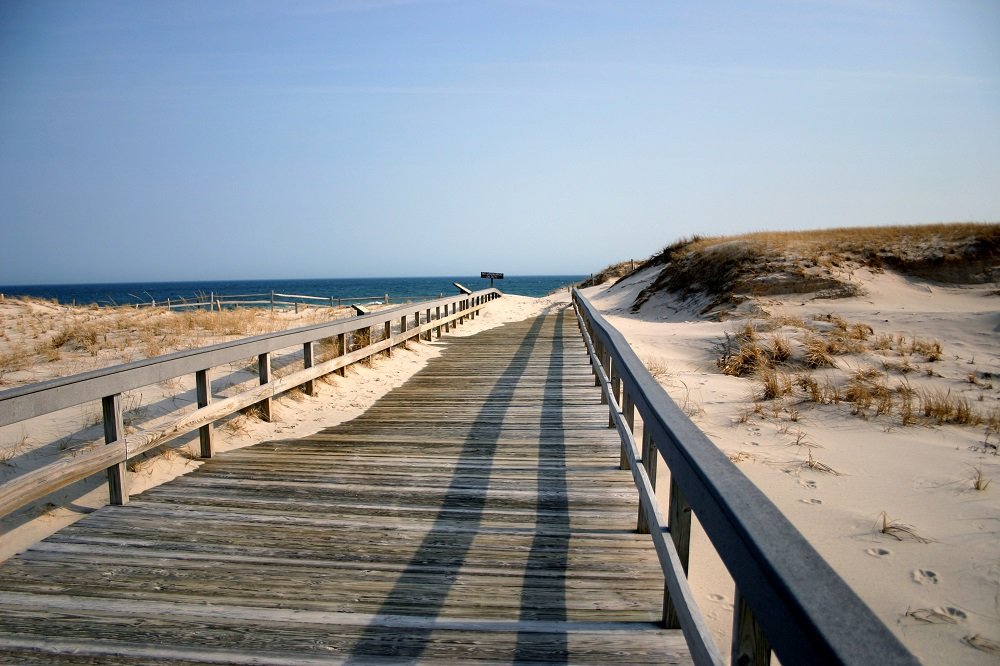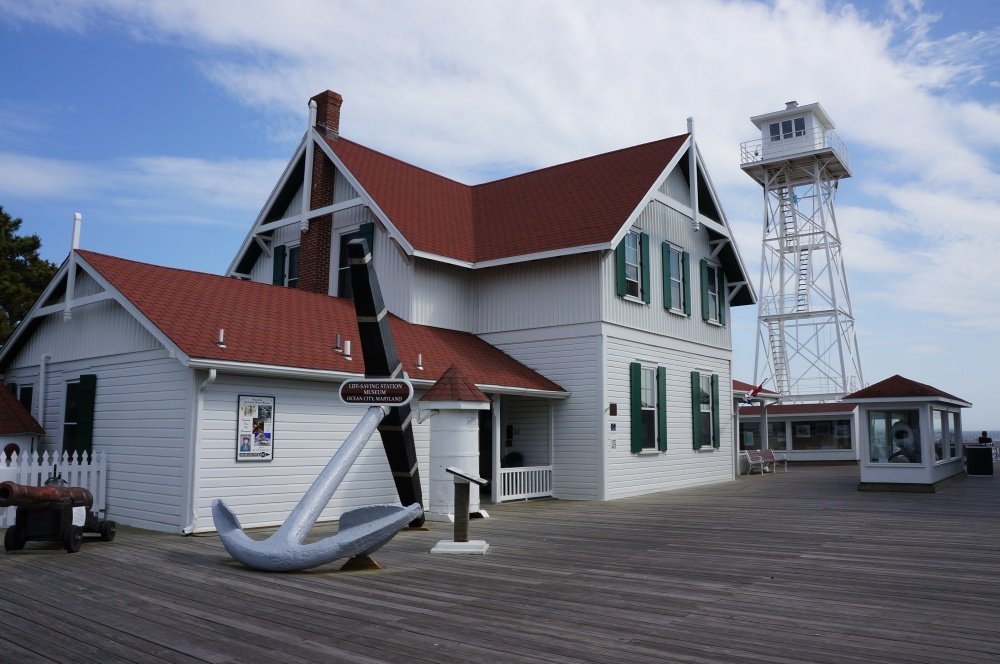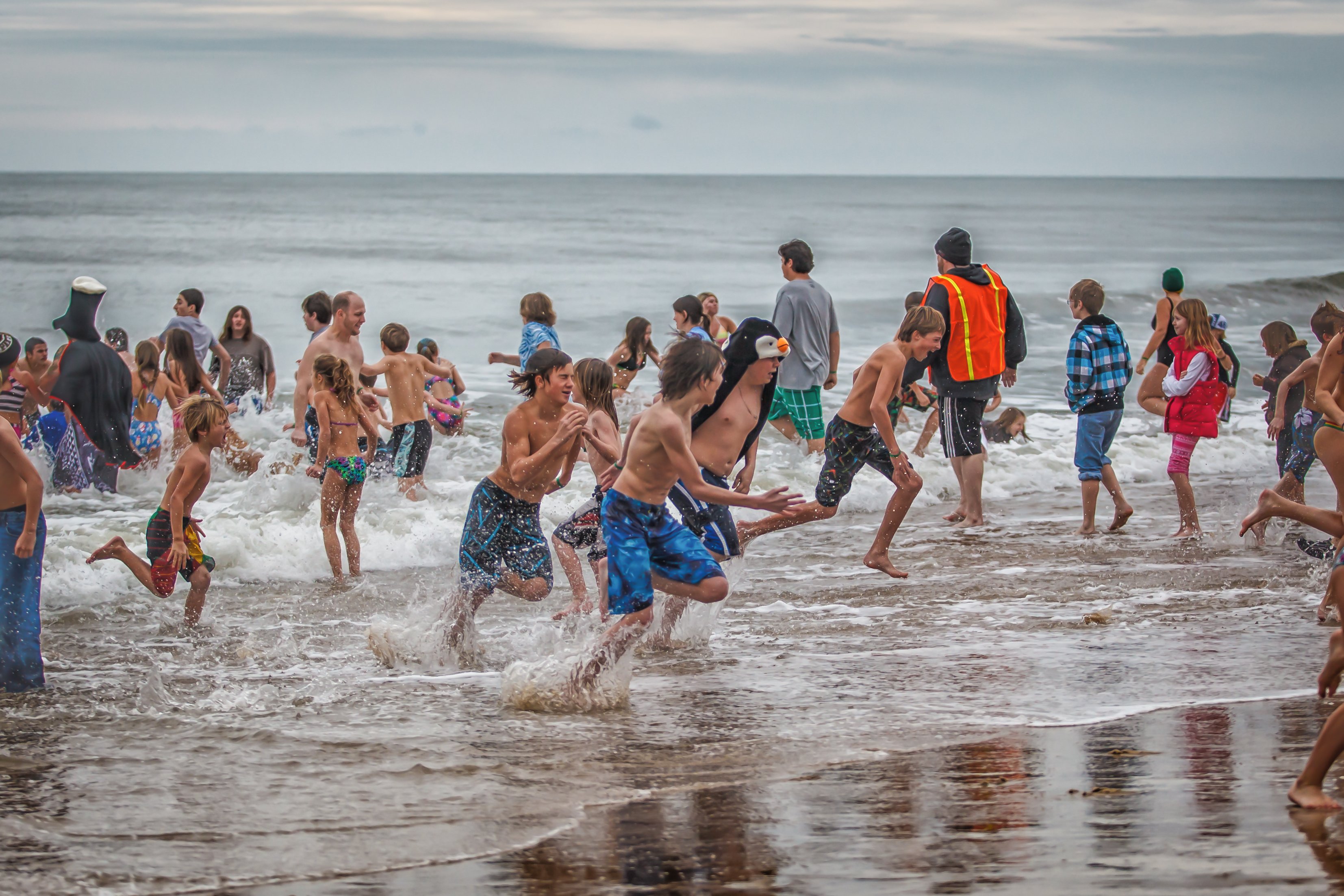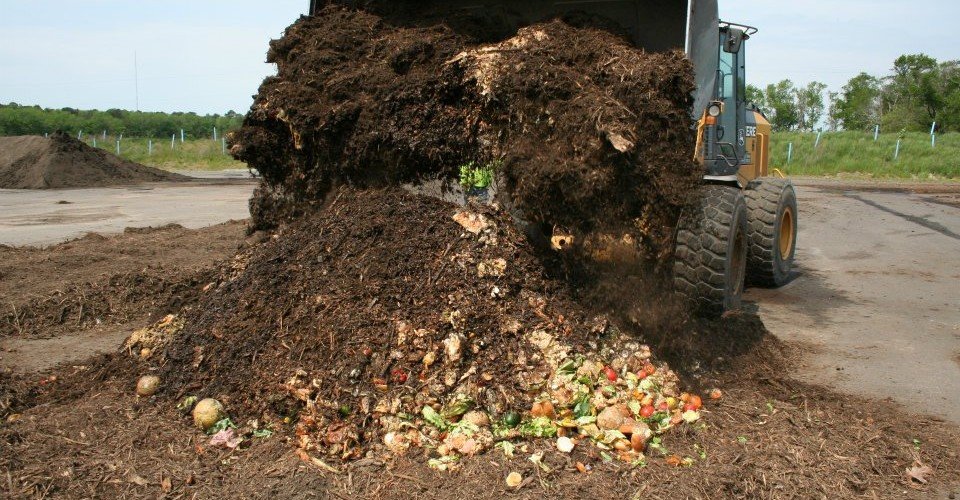A big part of life near the coast is appreciating and enjoying the landscape—which happens to come along with learning to maintain and deal with what nature brings. Sometimes, bushes grow into tree-like masses seemingly overnight, vines overtake porches and trees, and winds whip up sand, dirt, and debris into mountainous piles—to name only a few ways in which nature can wreak havoc on the average lawn.
Every year when the weather warms, all over the shore, sounds of lawnmowers rumbling, weed wackers buzzing, and even chainsaws motoring on, provide a different type of soundtrack to spring. In addition to what nature brings—the smells of spring blossoms, tweets of birds, and bright green backdrop of new leaves and plants—is the clean up.
For those weekend warriors who have been attacking their lawns with rakes and trimmers, or uncovering gardens under layers of leaves, there comes a big problem when all the work is complete—what’s to be done with all of the yard waste?
Some towns and municipalities recognize the problem, and offer certain days when yard waste will be collected, free of charge.
- Berlin, MD offers two pick-up days, Wednesdays April 25th and May 2nd (depending on designated regular trash days).
- The city of Salisbury, MD provides weekly yard waste pick-up. Residents have only to call the City Service Center at (410) 548-3177 to schedule a pick-up.
- Rehoboth Beach, DE collects yard waste from residents three times a month, and also provides receptacles for collection. Additionally, a leaf vacuum machine collects clean, loose leaves and pine needles October through mid-May.
 |
| Information and photos above from the City of Rehoboth Beach, Delaware. |
Stipulations for pick-up from all towns do apply. Generally speaking, leaves, grass clippings, garden waste, pinecones, dead plants, and other small organic matter must be bagged or placed in a 30-gallon garbage can. Branches can be no wider than four inches in diameter. Debris must be free of rocks, metal or other inorganic matter. Not a resident of Berlin, Salisbury, or Rehoboth? Check with your local municipality to see if they offer yard waste pick-up. If not, one company on the shore has found a way to turn yard waste into fertilized compost, and they would be happy to take yours.
 Blue Hen Organics in Frankford, Delaware, is the brainchild of by Shannon Agro and Robert Tunnel III, who started the company in response to their state’s [then] lagging recycling rate. The idea began in 2004 when the pair realized a vast majority of organic waste was being hauled to landfills, and buried. After extensive research into the various and most effective ways to compost, and the building process, Blue Hen Organics opened to the public on May 3, 2010. The facility turns organic waste into environmentally friendly and highly beneficial compost.
Blue Hen Organics in Frankford, Delaware, is the brainchild of by Shannon Agro and Robert Tunnel III, who started the company in response to their state’s [then] lagging recycling rate. The idea began in 2004 when the pair realized a vast majority of organic waste was being hauled to landfills, and buried. After extensive research into the various and most effective ways to compost, and the building process, Blue Hen Organics opened to the public on May 3, 2010. The facility turns organic waste into environmentally friendly and highly beneficial compost.
The 46-acre facility accepts yard waste, land clearing debris, poultry manure, and food waste, and can process 130 tons of material daily. Each load is weighed and calculated by type, and checked for contaminants. It is then grinded and transported to areas where it will be monitored for temperature and moisture. Once the compost is mature and meets EPA standards, it will be sold at Blue Hen Organics and other retailers all over the shore.

Currently, Blue Hen Organics produces Bay Organics Green, a nutrient-rich soil enhancer, Blue Hen Premium Topsoil, and Blue Hen Mulch. Utilizing these materials is beneficial for your lawn or garden, and advantageous for the local environment. Using organic compost made from organic waste puts the nutrients back in the soil, not in a landfill. Selecting organic compost over synthetic fertilizers helps to protect the water quality of the bays and other water sources.
Blue Hen Organics also participates in the Replenish Program, collaboration between the facility, restaurants, haulers and local farmers to recycle food waste (think table scraps or unused food that’s spoiled) and turn it into valuable compost. Salisbury University and many notable Rehoboth Beach restaurants recycle their food waste with Blue Hen Organics.
Before sending your yard waste to a landfill, consider sending it back to the earth in a positive way. For those interested in taking their yard waste to Blue Hen Organics, the fee is $20 per ton. Materials accepted include:
- Yard Waste
- Leaves
- Grass Clippings
- Brush, Limbs, Branches
- Stumps, Logs, Trees
- Food Waste
- Land Clearing Debris
- Ground & Chipped Wood
- Lumber & Plywood
- Pallets
- Cardboard
- Poultry Manure
Materials are accepted Monday through Saturday from 7:00 A.M to 4:00 P.M.
Photos from the Blue Hen Organics website. For more information visit Blue Hen Organics on the web or on Facebook.








